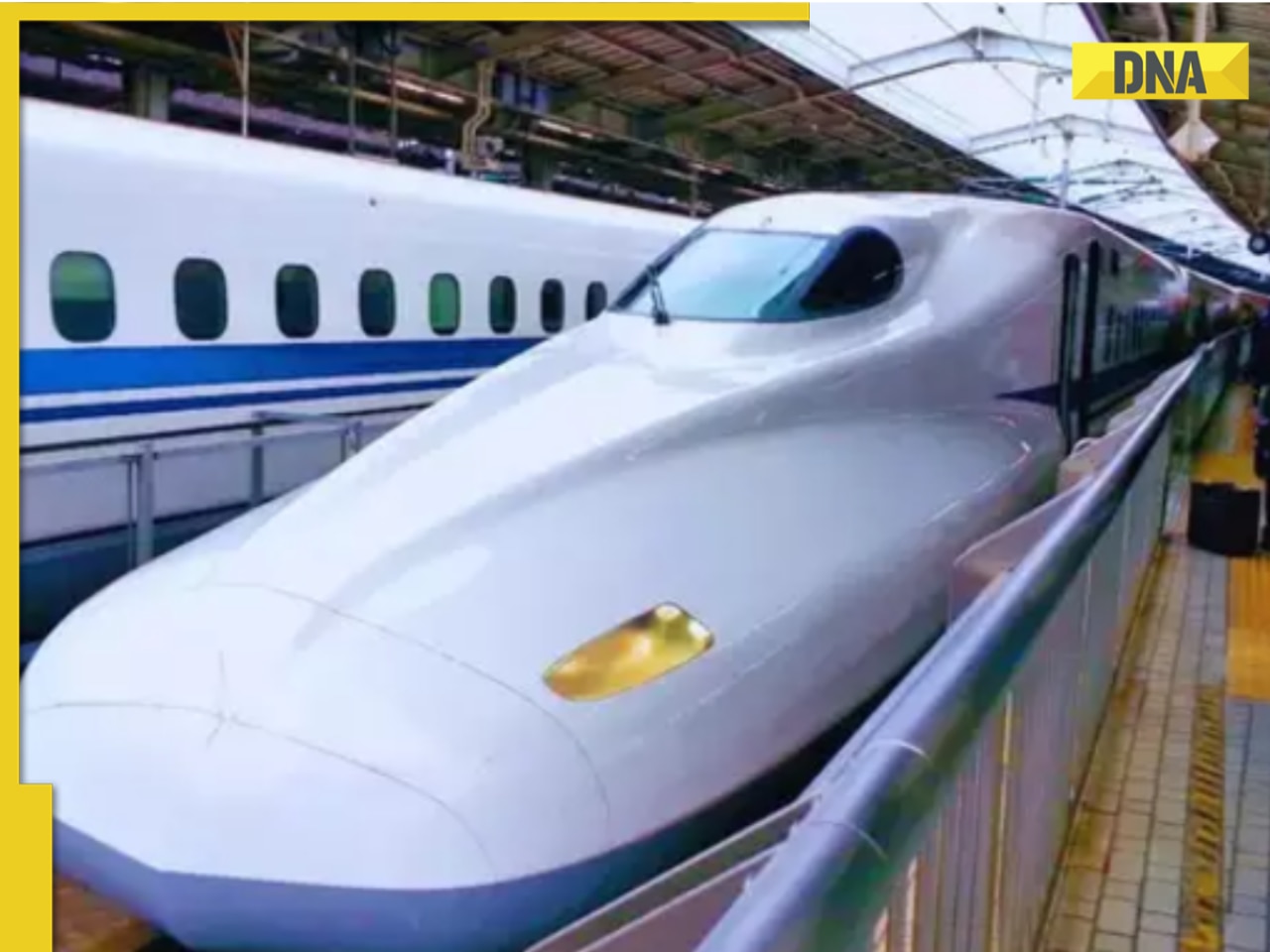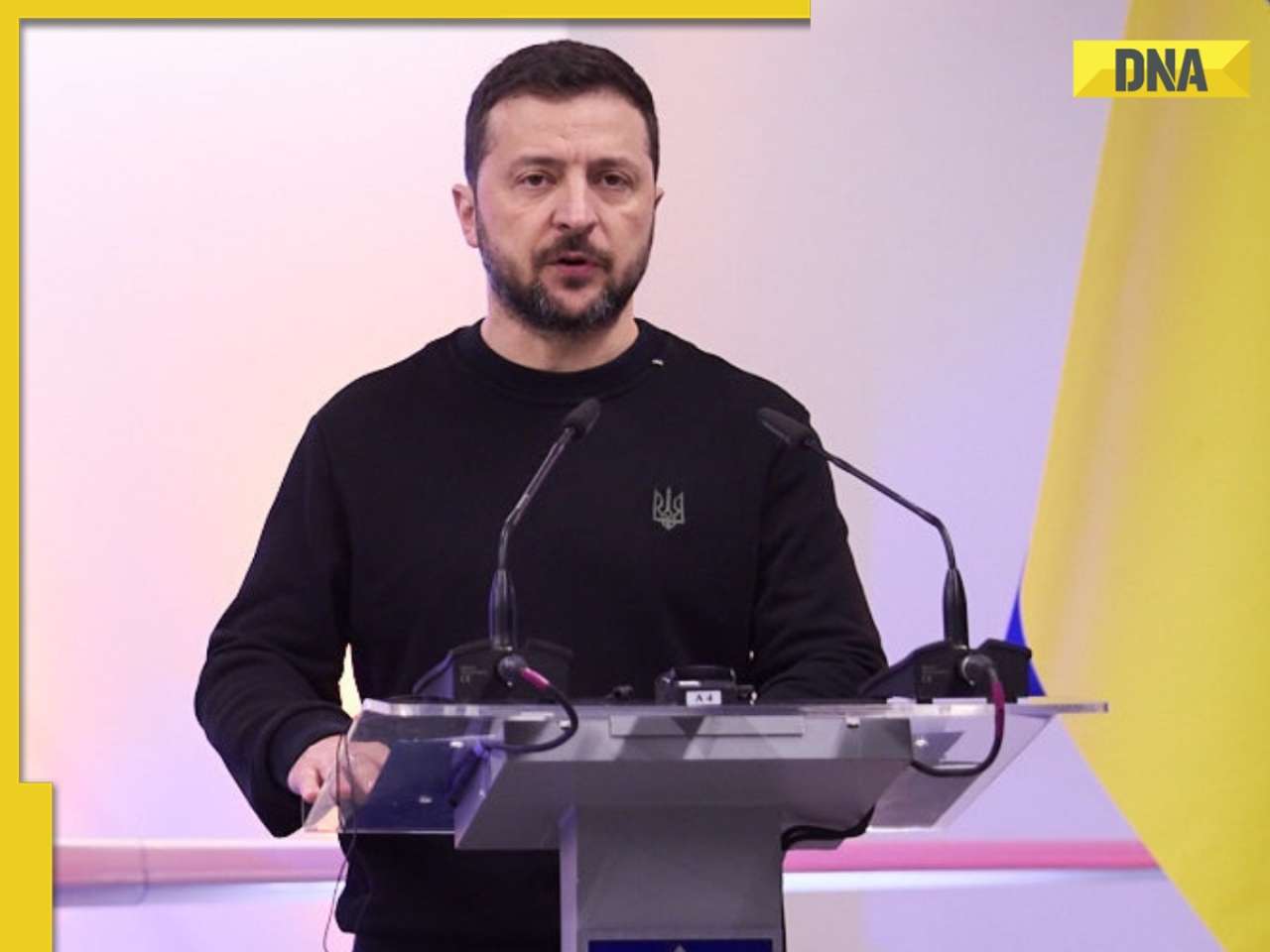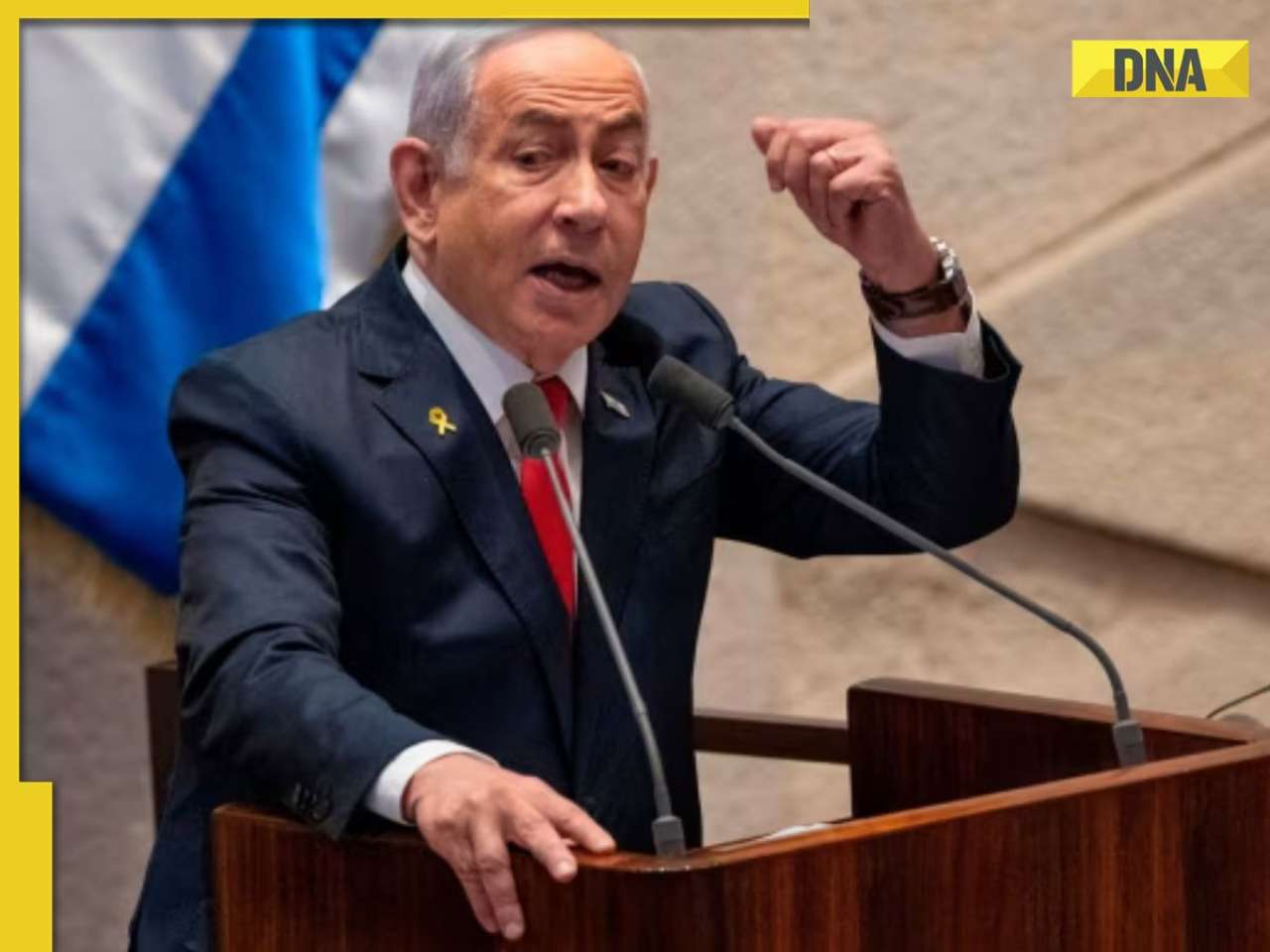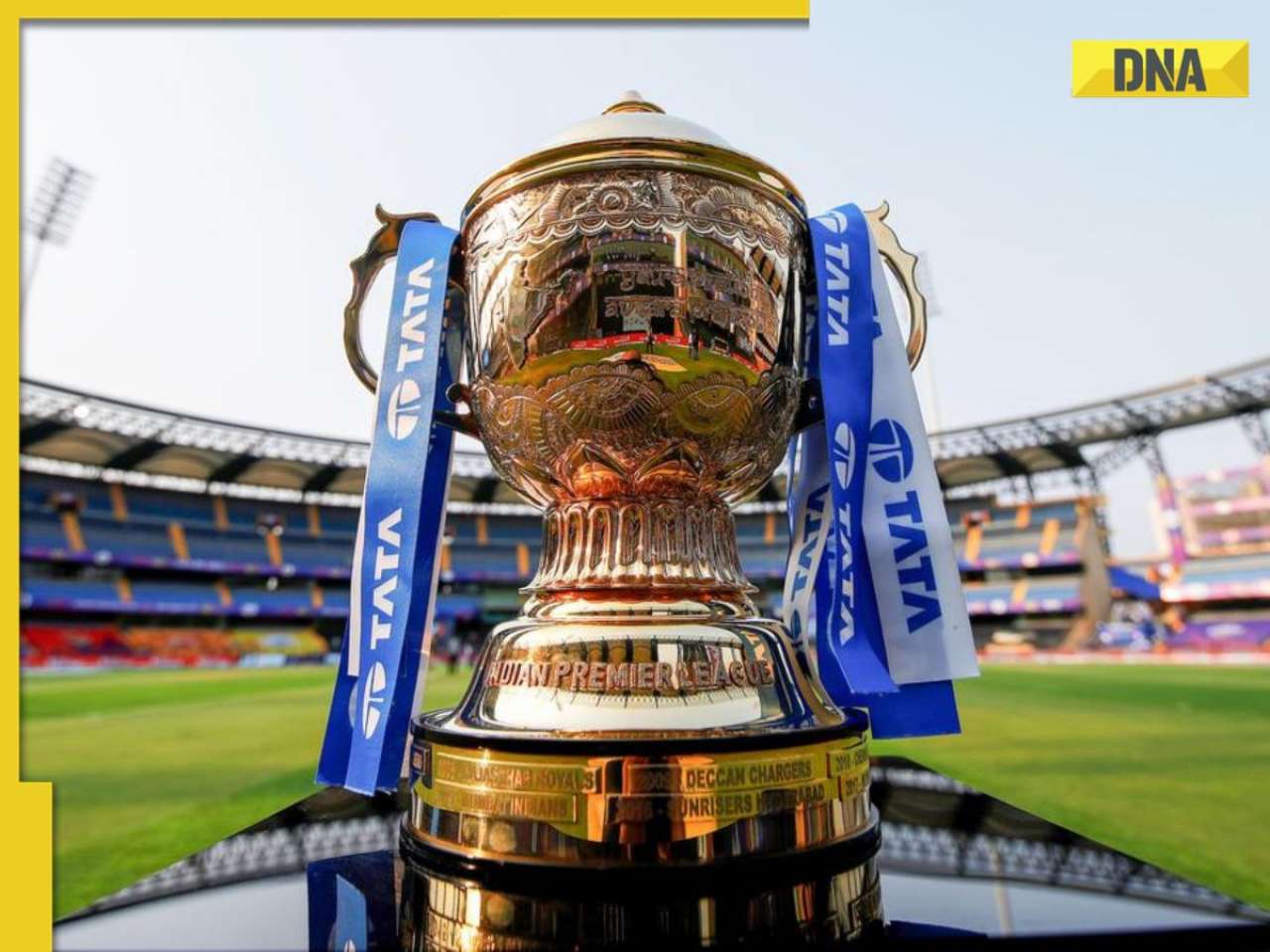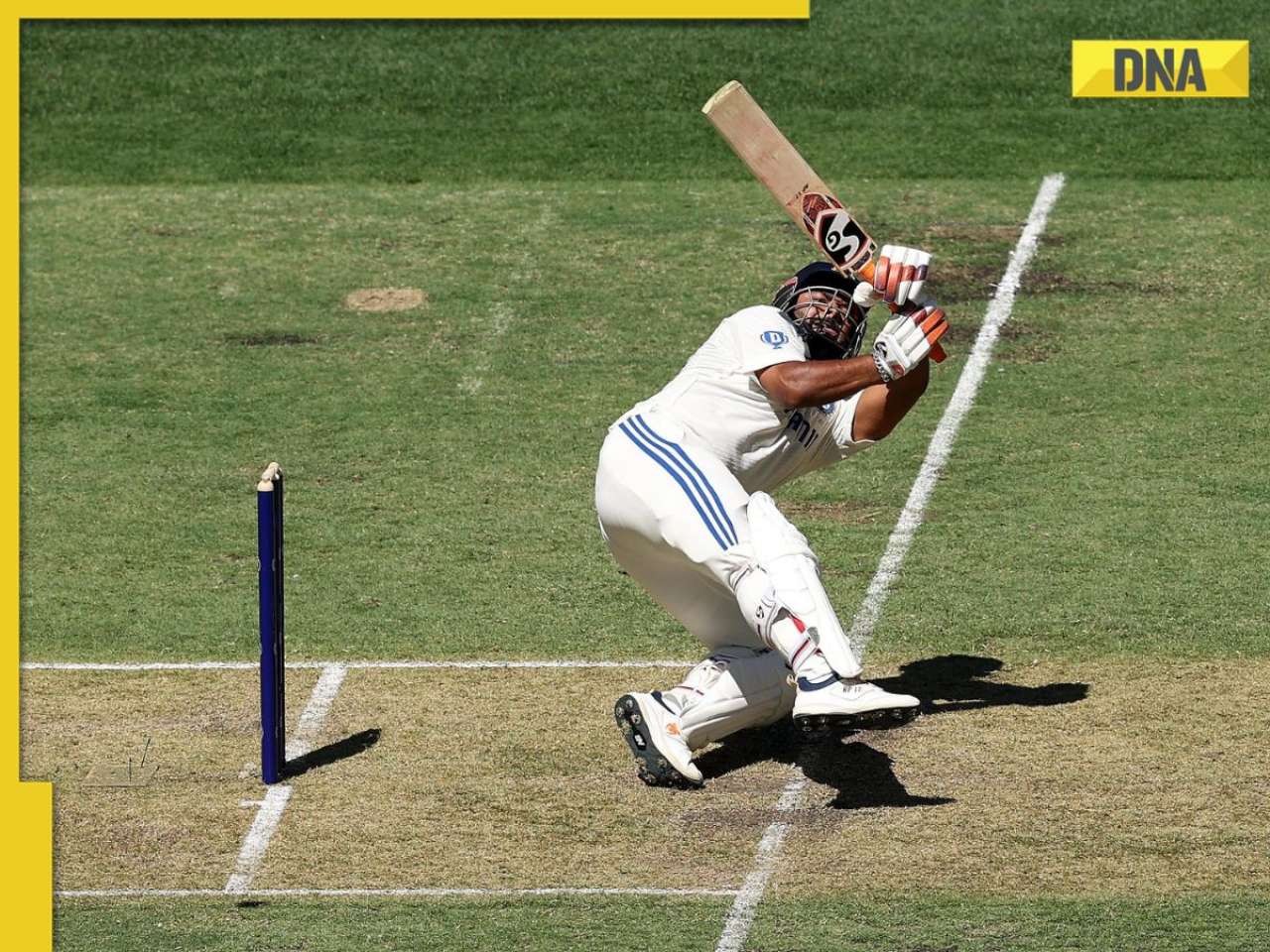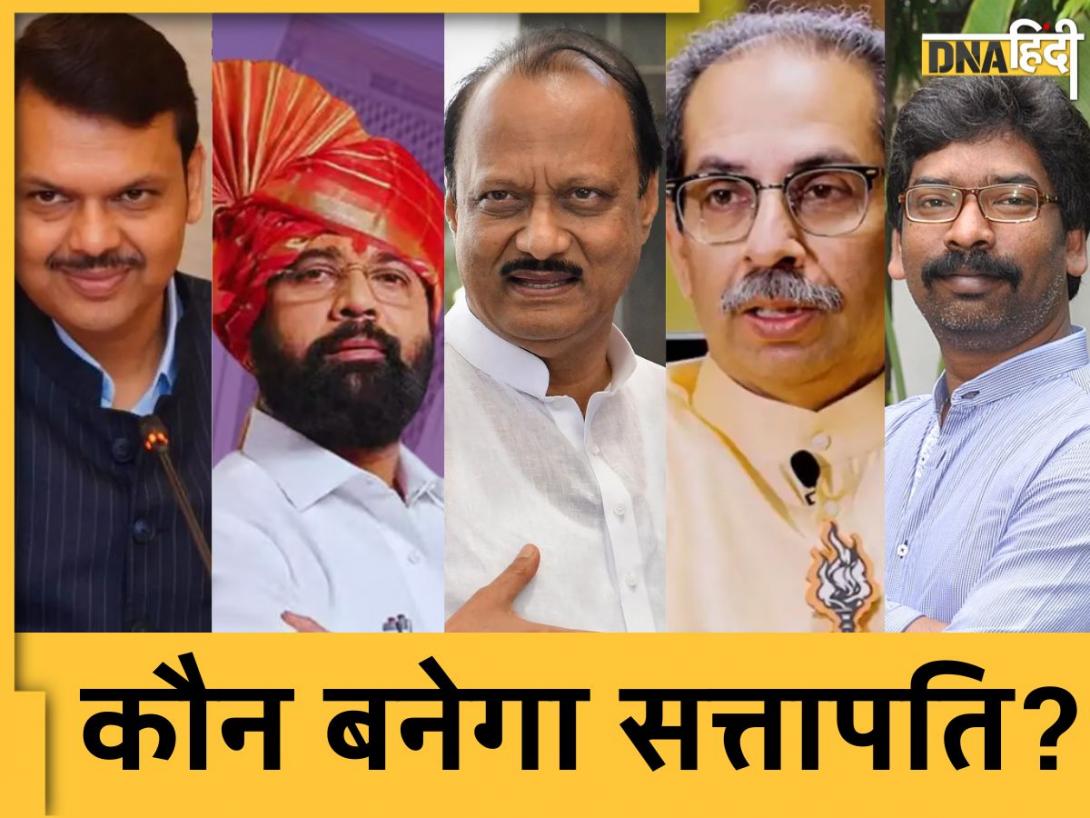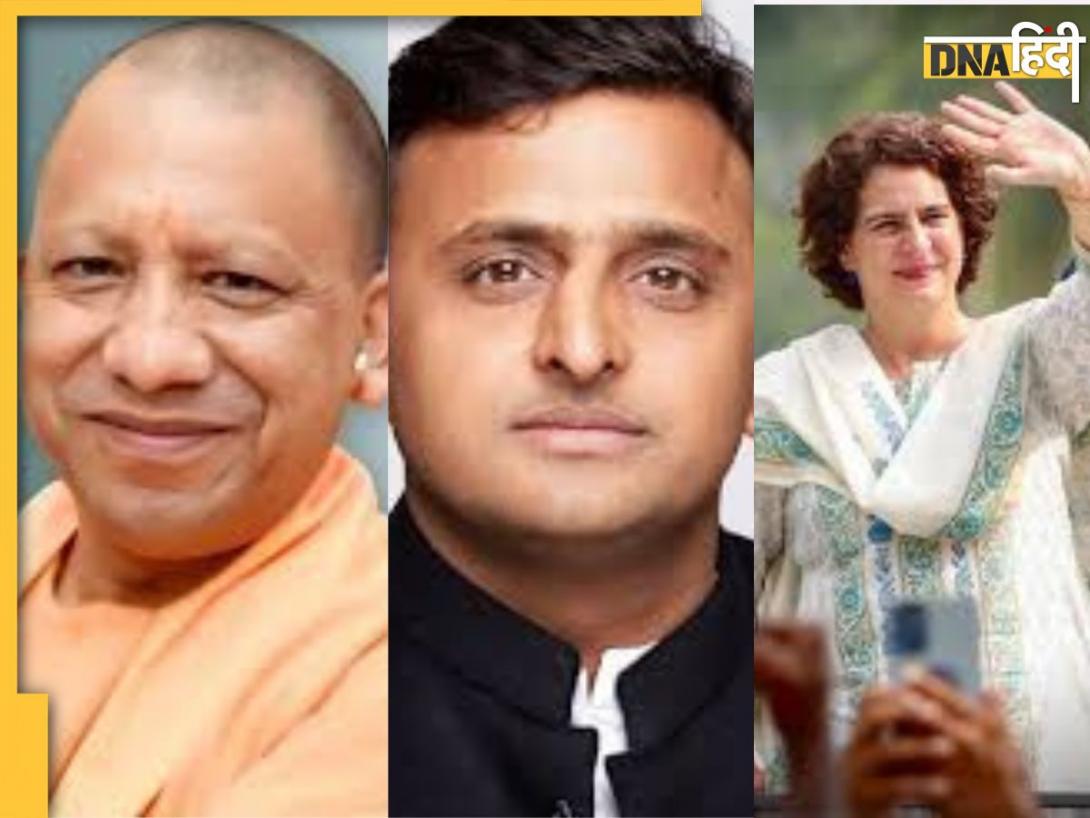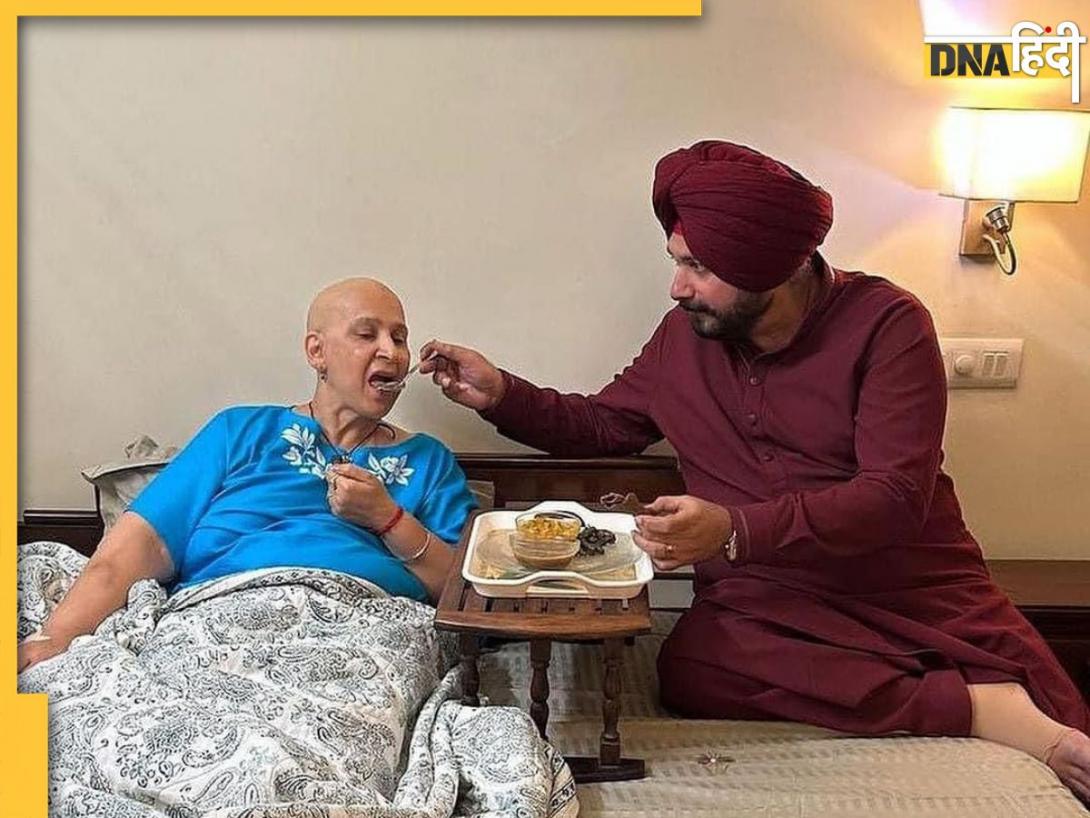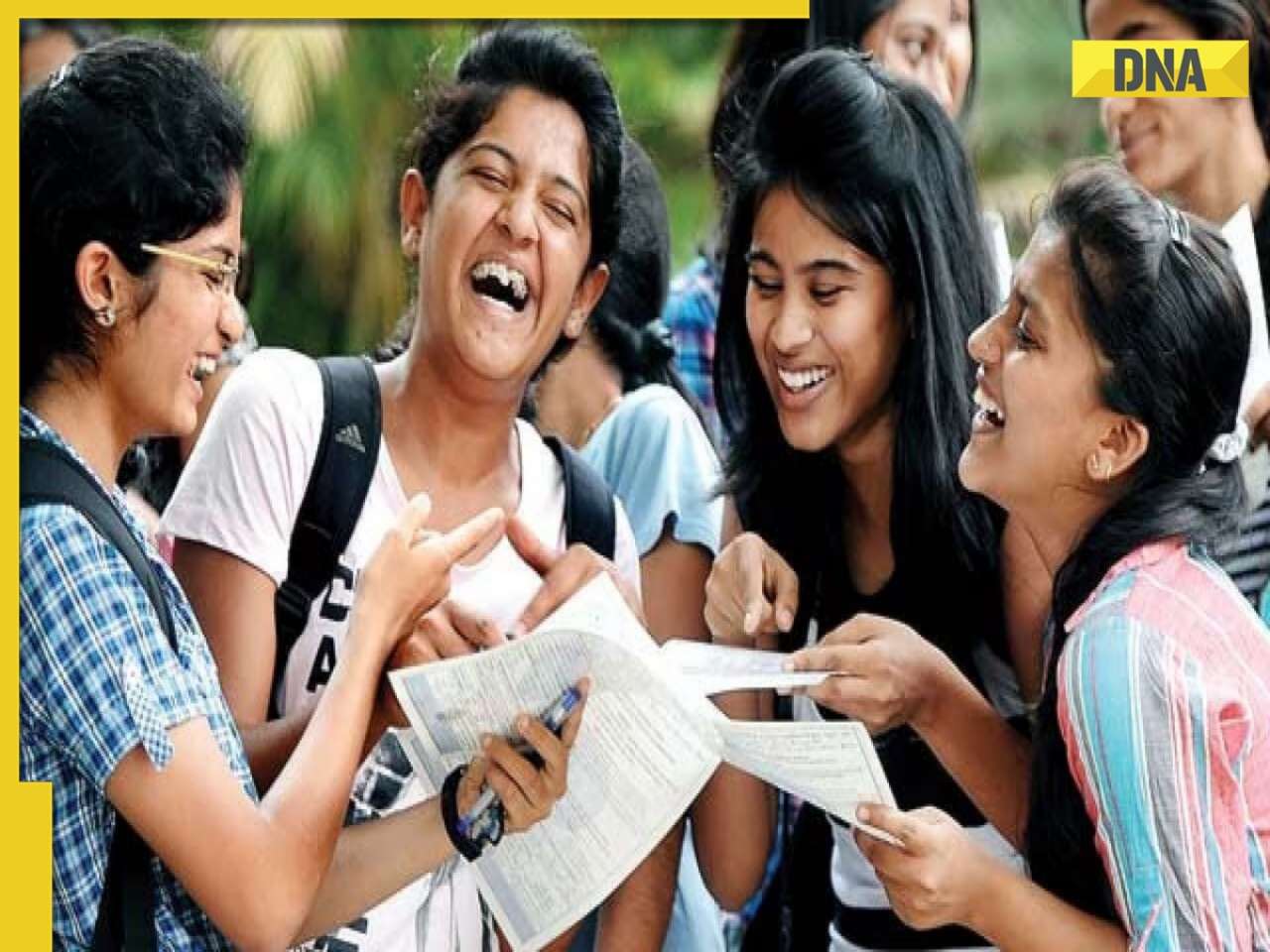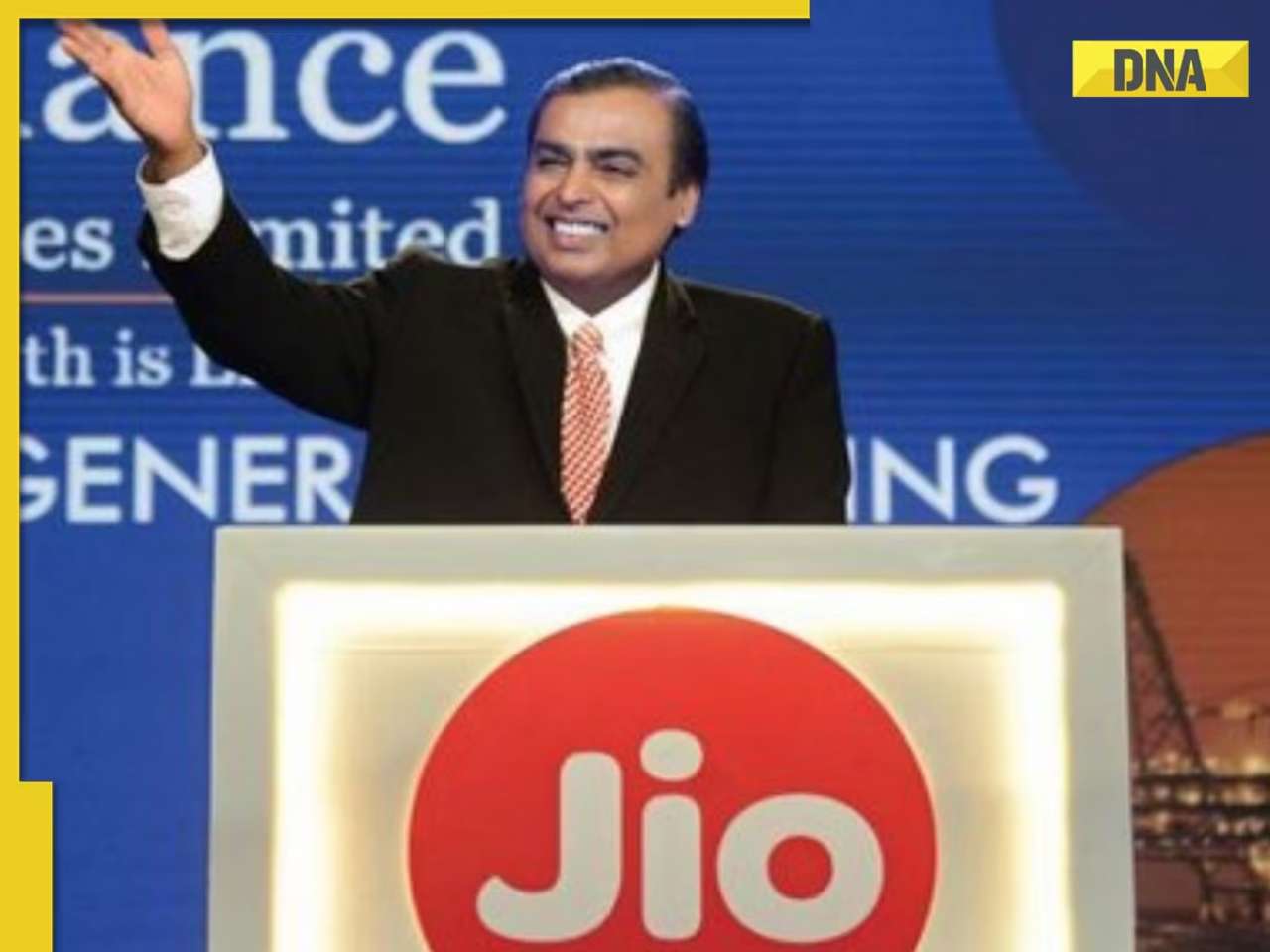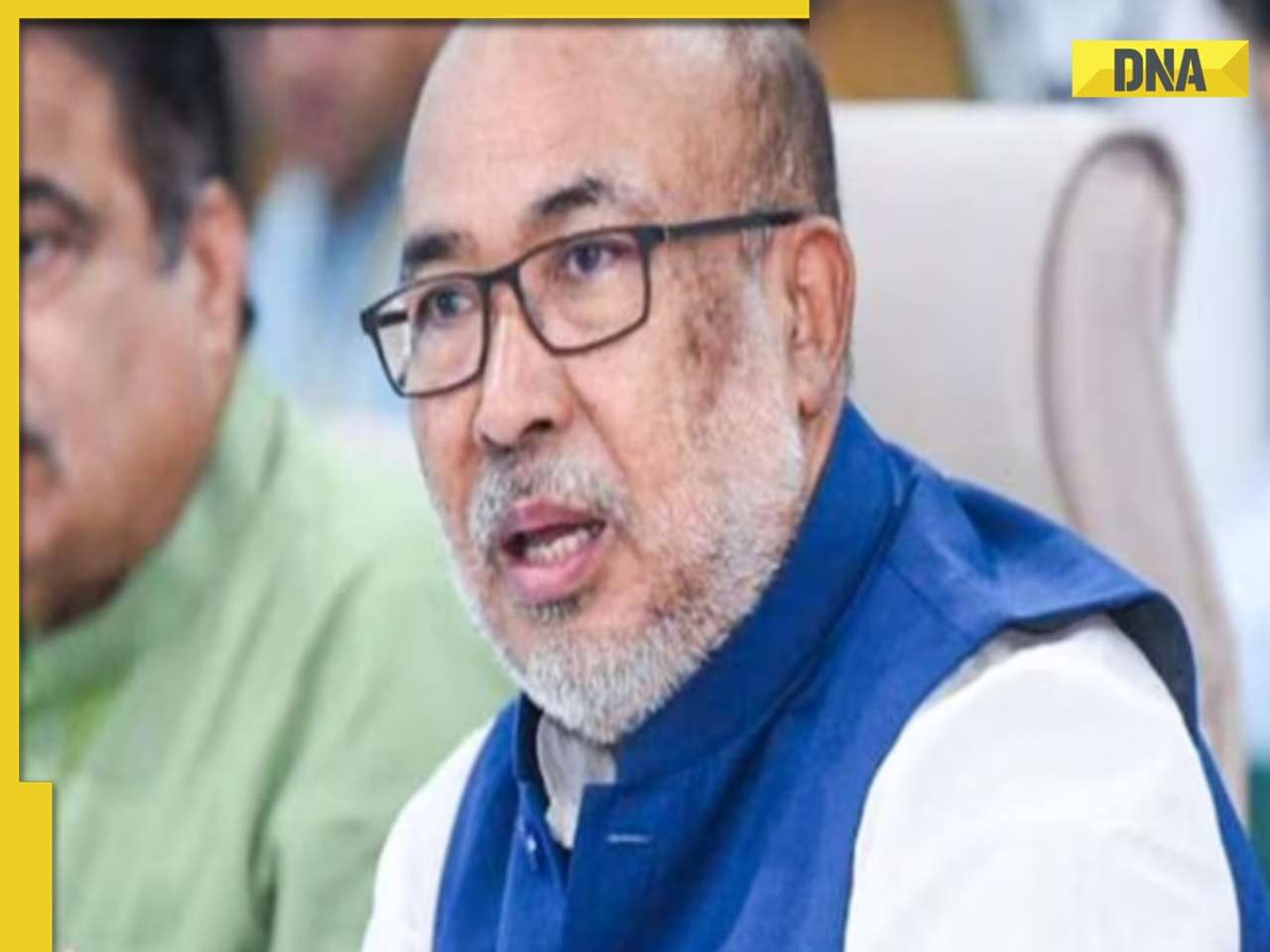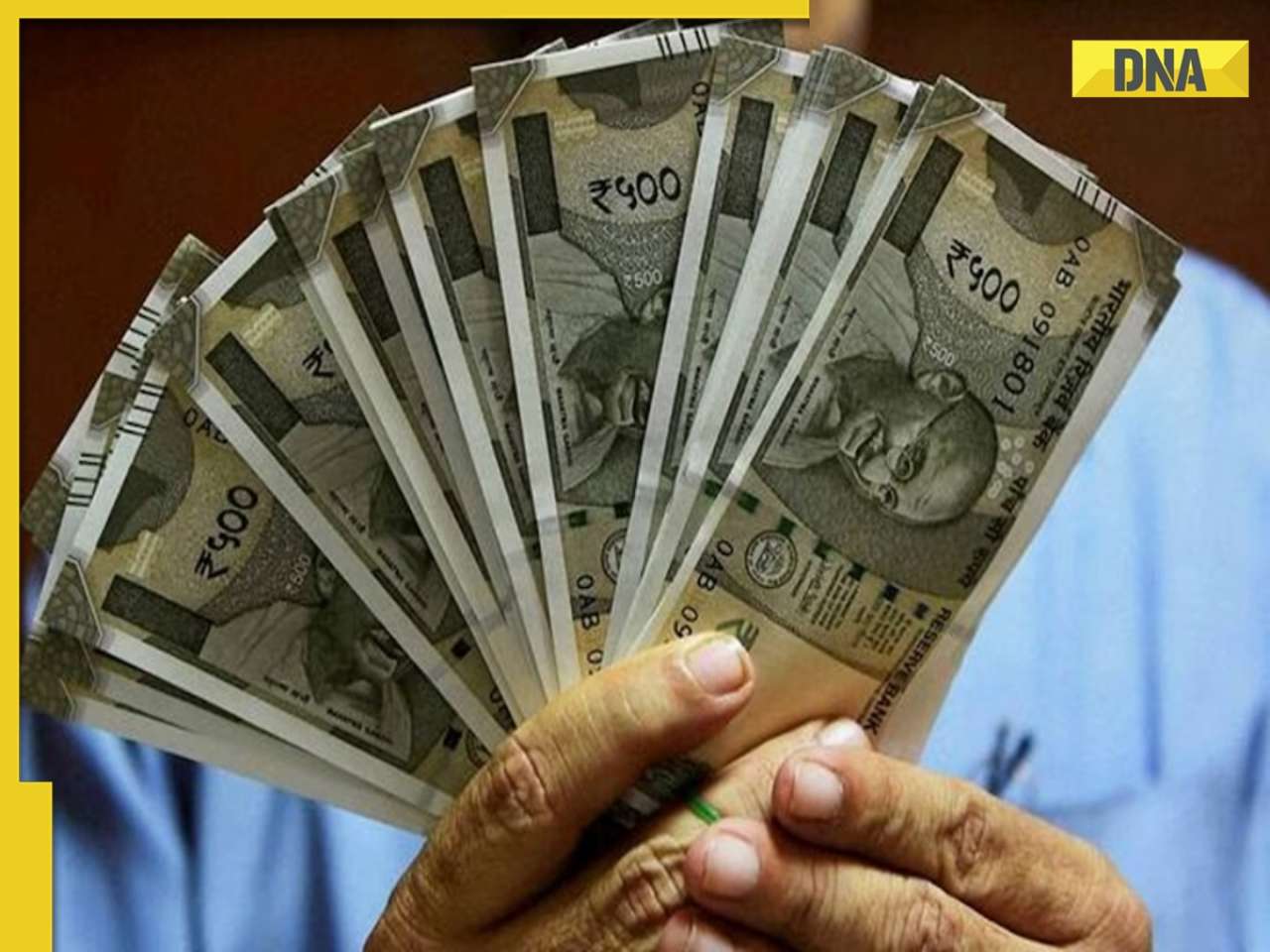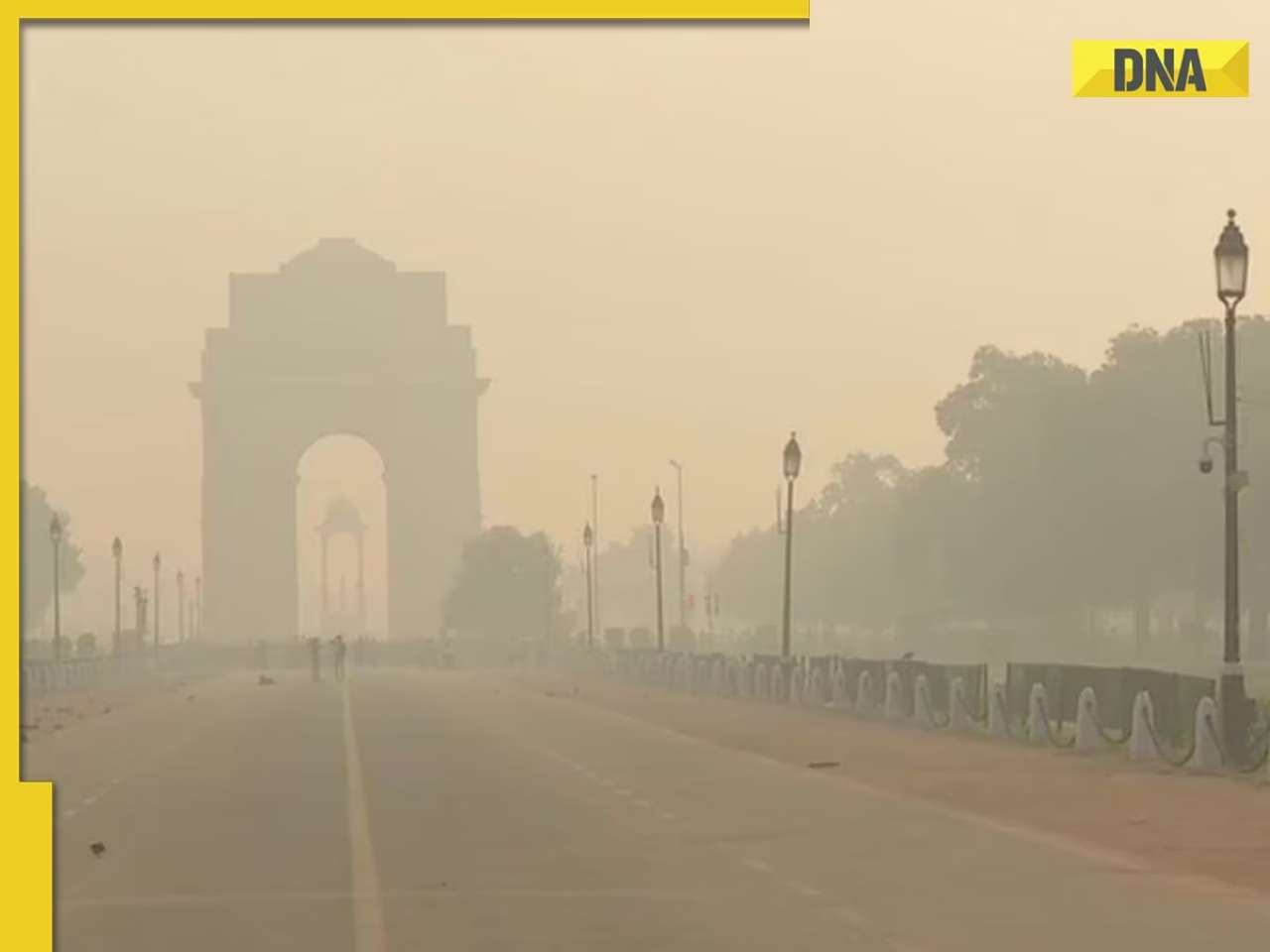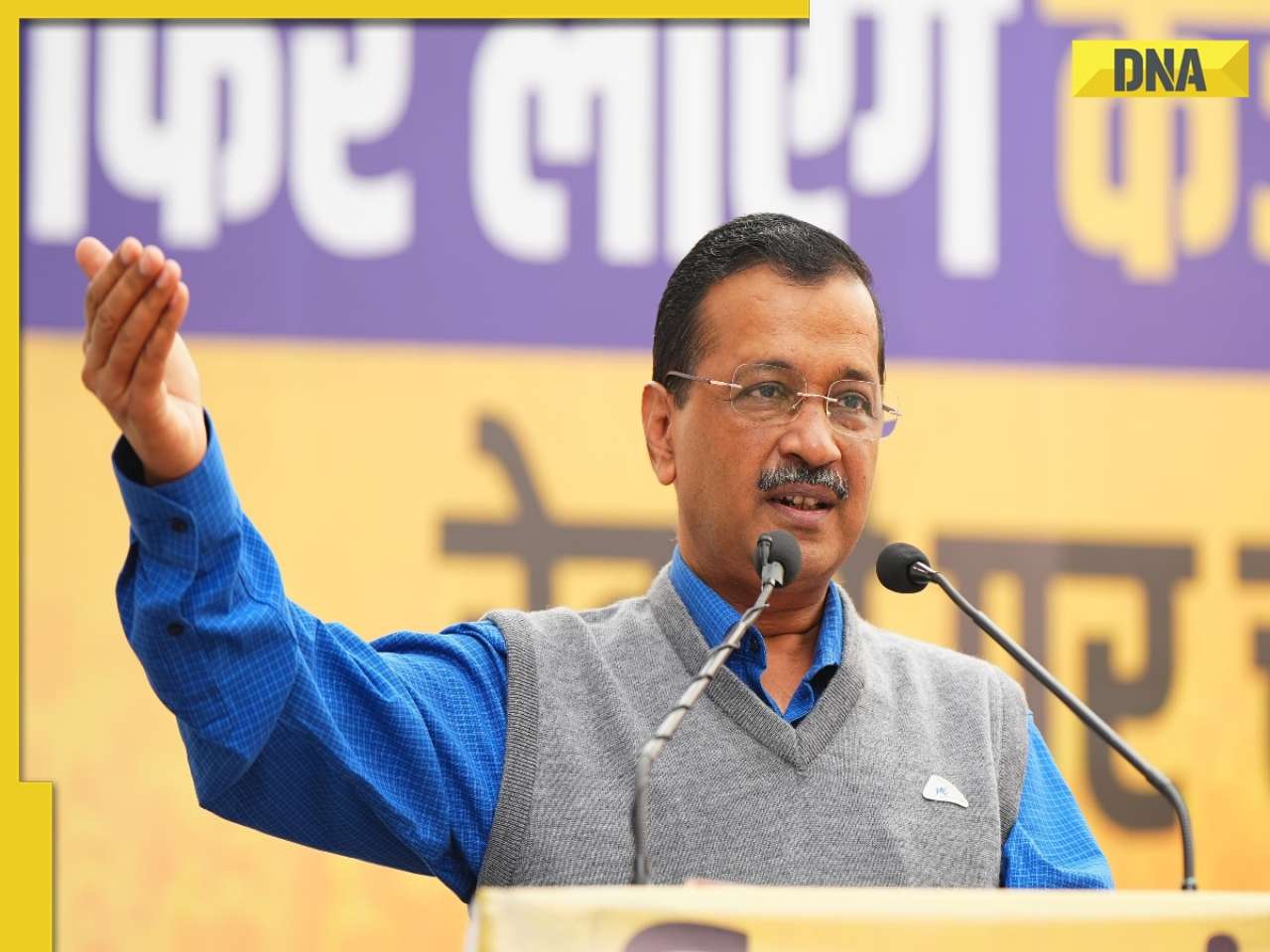- LATEST
- WEBSTORY
- TRENDING
BUSINESS
Time we encouraged public policy education
One of the widely recognised weaknesses of India’s fiscal system is that budgetary outlays at various levels of the public sector are not being efficiently converted
TRENDING NOW
Separation of public administration from public policy and management has become untenable
One of the widely recognised weaknesses of India’s fiscal system is that budgetary outlays at various levels of the public sector are not being efficiently converted into measurable and perceptible progress in the delivery of government services.
The reasons are complex, ranging from the “ruling” rather than “governing” mentality; inadequate attention paid to whether design and organisational structures of the government programmes provide appropriate incentives to various stakeholders; and the entrenched emphasis on administration in which consistency with the bureaucracy’s rigid rules and procedures take precedence over outcomes and performance.
The generalist tradition under which individuals, usually selected through a competitive civil-service examination, are given responsibilities even for tasks requiring specialised knowledge and ability to see interconnections between immediate responsibilities and the larger society, has also been a contributing factor.
The separation of public administration from public policy and public management has, however, become increasingly untenable.
More than a quarter of India’s $1,200 billion gross domestic product is intermediated through the public sector. Increasing size and complexity of the economy, and economic, social and political challenges facing the country require an urgent shift towards better public policies and management.
India’s 18 million public sector employees are increasingly required to undertake complex tasks, including intermediating between various public and private organisational structures, both domestic and international.
The Fiscal Responsibility and Budget Management Act at the Centre and many states, and increasing emphasis on outcome budgeting increasingly require professional skills and attitudes among the public officials; a more robust database, and more rigorous empirical evidence-based policies.
It is in the above context that India needs to urgently consider vastly expanding the role of professional public policy education.
Inspired by the public policy scholars in the United States, several countries in Europe and Asia have established such schools in recent years.
Their key characteristic has been that they are located in universities which have strong discipline-based departments in economics and other social sciences, business administration, sciences, engineering, law and medicine.
This reflects the essential inter-disciplinary nature of professional public policy education.
In India, establishment of full-fledged multi-disciplinary universities, which emphasise both teaching and research, and undergraduate as well as graduate education, is long overdue. But, this is a broader issue involving liberalisation, deregulation and de-politicisation of higher education.
The fact that no Indian university is among the world’s top 200 universities (while there are 6 from China) should spur higher education reform.
Expansion of professional public policy education, however, can not wait for the establishment of multi-disciplinary universities. The existing institutional structures need to be utilised more innovatively.
The current structure of public policy education in India has limited impact, and is unsustainable.
First, restricting professional public policy education to those in all-India services leaves out an overwhelming bulk of public sector employees whose responsibilities also require professional training.
Much of the government services are provided at state and municipal levels. With emphasis on decentralisation, local government institutions, such as Panchayats, are also holding more complex responsibilities.
The current arrangements, including mandatory foreign attachment, makes the per-participant cost high. The cost of effectively contracting out executive training of a small number of high-ranking civil servants to mainly top US universities also needs to be assessed more carefully.
Second, the average age of participants in the current public policy programmes is in the late 30s. Many have told me that such education at the initial stages of their public service would have helped them undertake responsibilities much better. Rethinking the career path of civil servants thus merits attention.
Third, it is essential that professional public policy education be made accessible to those who have not yet joined public service, or do not intend to join but work in related areas such as media, non-profit sector and business firms requiring understanding of public policy processes.
Indeed, business and non-profit sectors (as well as the general public) have self interests in encouraging a more professional approach and result-oriented mindset in all branches of government.
There are several feasible measures, which can provide an impetus to professional public policy education.
Newly recruited officials of the central government are provided intensive training on a centralised basis. When these officials join the respective all-India services, they are also provided with more specialised training.
A coordinated approach, which could provide options for a post-graduate diploma or a degree in several specialisations, such as public finance, law, environment, urban management, etc may provide appropriate signals about the need to acquire a professional mindset in undertaking responsibilities as a civil servant.
Neither are the training institutes of the state governments and of specialised agencies such as the Employees Provident Fund Organisation professionally staffed and run, nor are their physical assets well-utilised.
These deficiencies must be urgently addressed.
The training programmes should not reach only the higher level staff, but also middle and lower levels, particularly those who must interact with the general public.
It is these interactions that often determine perceptions about the quality of government and governance. Allocation of training budgets, strategies, and organisational structure for developing human resources involving all levels of employees requires urgent re-consideration.
Establishment of undergraduate public policy programmes in universities also merits serious consideration. These should be structured along international lines, with participation from a wide spectrum of sectors.
The country must develop a requisite pool of academics and researchers in various areas of public policy management.
It is hoped that the Administrative Reforms Commission will seriously consider the issue of public policy evaluation and its relevance in the recruitment and promotion of civil servants.
India must establish internationally recognised public policy schools, and nurture academics and researchers who do policy-relevant rigorous research on Indian public policy issues.
sppasher@nus.edu.sg
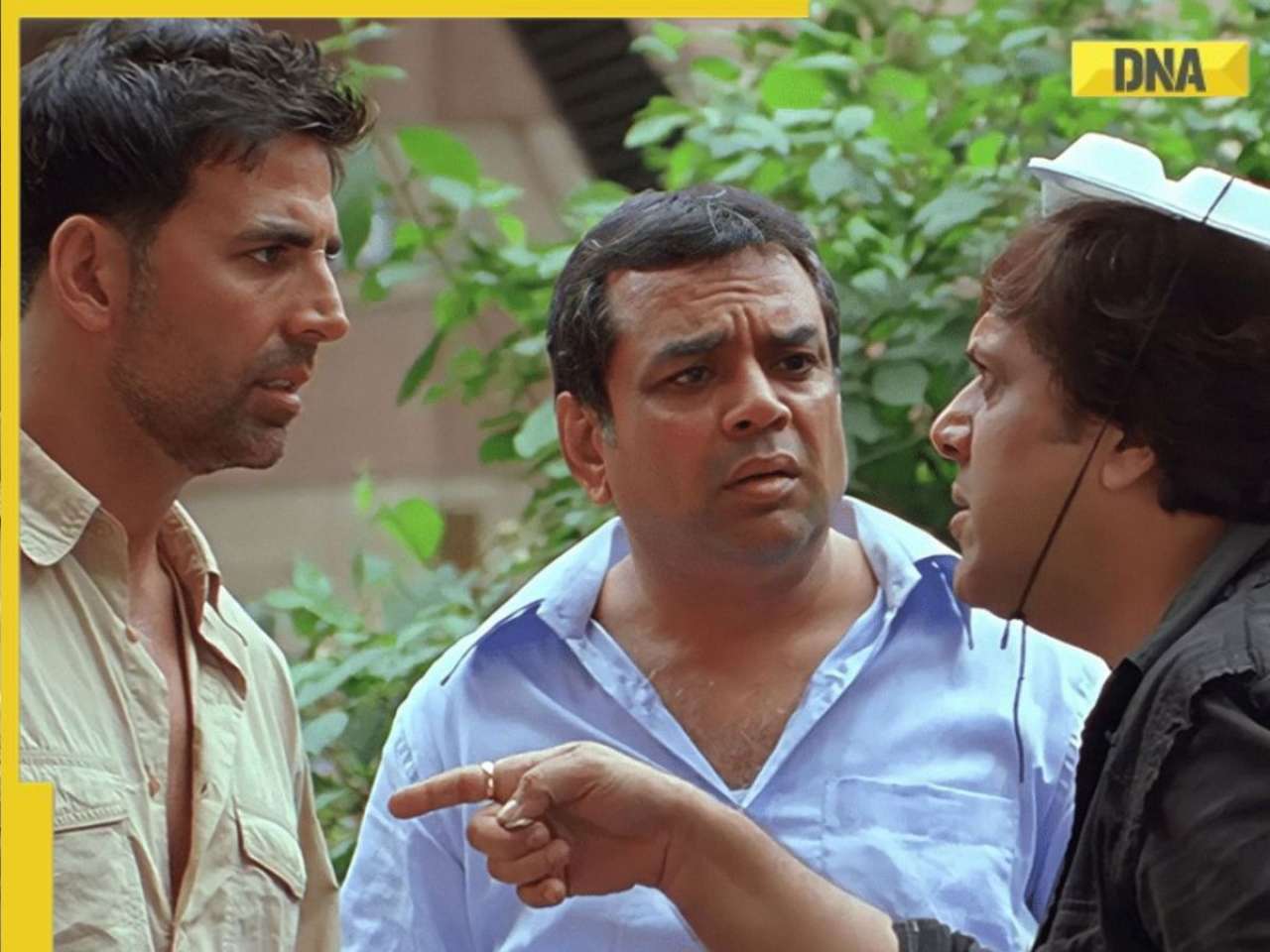

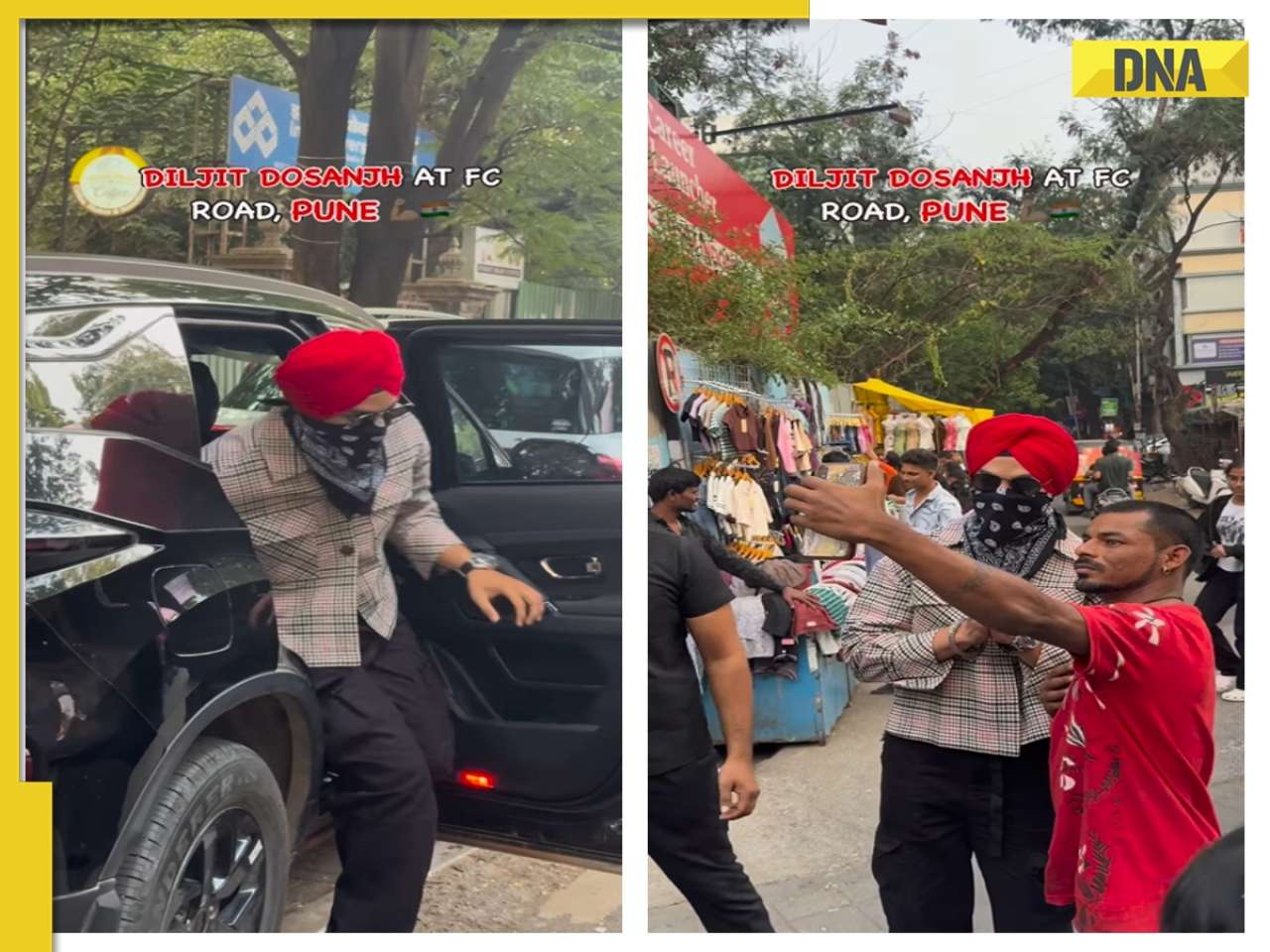





)
)
)
)
)
)
)
)
)
)
)
)
)
)
)






